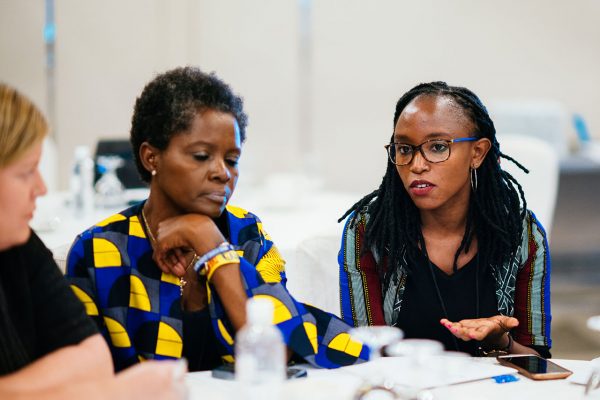Microfinance programme
April 23, 2018
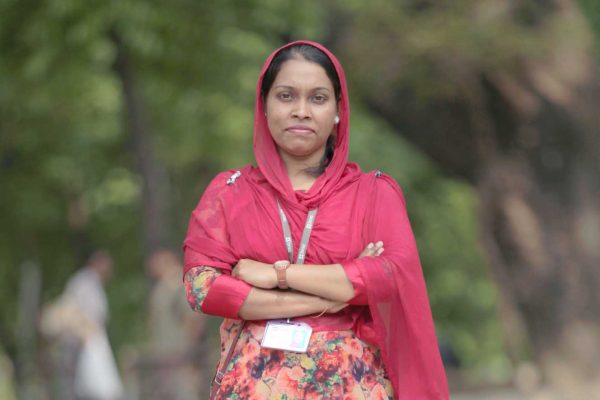
Published by BRAC at Apr 23 2018
Categories
Shahana Akhter spends her days on her little red scooter looking for small businesses. She works in BRAC’s microfinance programme, and has spent seven years distributing loans and collecting repayments to enable all types of entrepreneurship to expand.
November 9, 2017
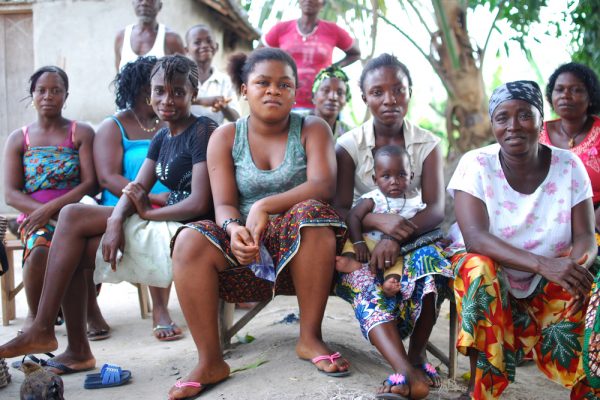
Published by Emily Coppel at Nov 09 2017
Categories
How do we build resilience during and after a crisis? A new GDI case study from BRAC offers insight into lessons learned from the West Africa Ebola outbreak of 2014-2015, highlighting what can be done to strengthen organisations responding and with the people they serve.
November 8, 2017

Published by Isabel Whisson at Nov 08 2017
Categories
BRAC in Uganda shares strategy and sustainability insights from its transition from an MFI to a bank.
December 26, 2013
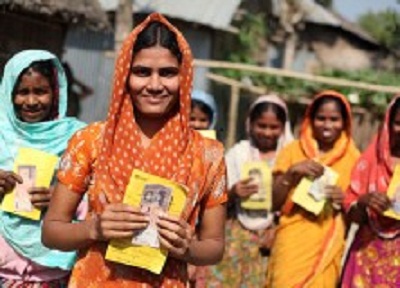
Published by Scott MacMillan at Dec 26 2013
Categories
Modern microcredit, born in Bangladesh, was hailed as an innovative poverty fix when it appeared on the global radar. The United Nations dubbed 2005 “the year of microcredit,” and the following year, Mohammed Yunus and his Grameen Bank won the Nobel Peace Prize. Soon, however, the pendulum of hype swung the opposite direction, as scholars began to question the efficacy of microfinance.
December 2, 2013
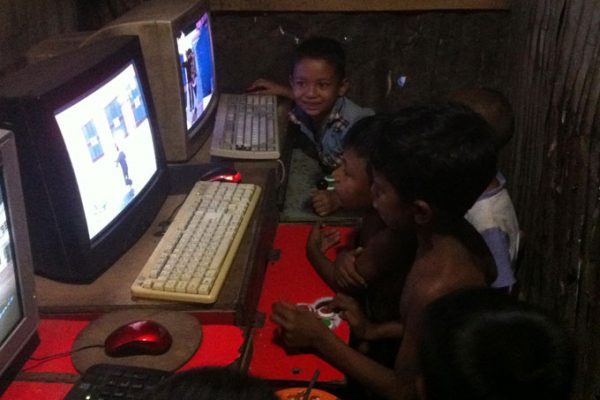
Published by Anushka Zafar at Dec 02 2013
Categories
Across the murky waters of Banani Lake from BRAC's headquarters in Dhaka, Bangladesh, lies Korail, one of the country's largest slums, jam-packed with over 40,000 people. I have always seen the slum from a distance, but knew very little about what goes on inside. Typically, slums are illegal land settlements littered with crime, invariable health-hazards and acute poverty. But what I saw recently on my first visit was beyond my expectations.
June 19, 2013
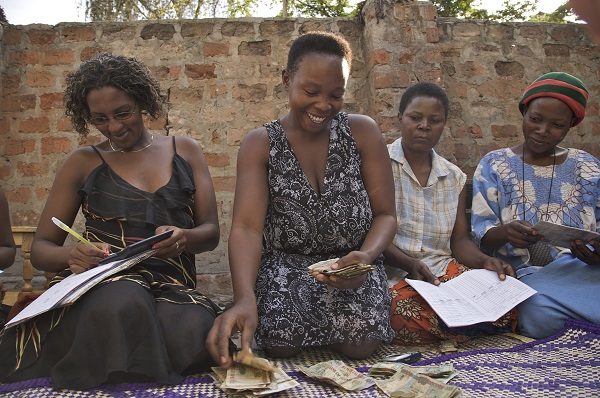
Published by Oscar Abello at Jun 19 2013
Categories
A lack of formal financial services serving the poor and even middle income households leads to those households finding ways to supply financial services themselves. Wealthy country or not.
May 30, 2013
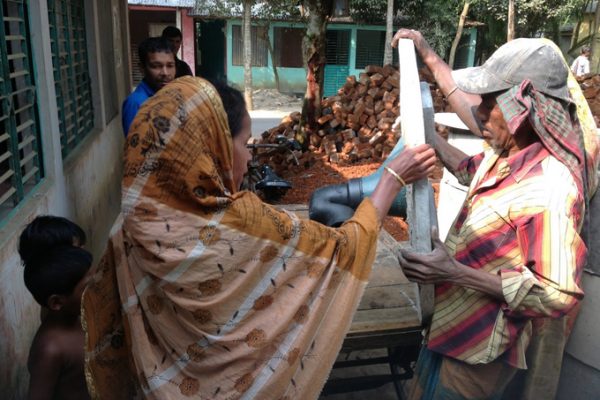
Published by Nameerah Khan at May 30 2013
Categories
In 2006, Rasheda Sahab’s husband passed away from kidney failure, leaving her with four children and no money. Today's she's a thriving sanitation entrepreneur. Here's her story.


